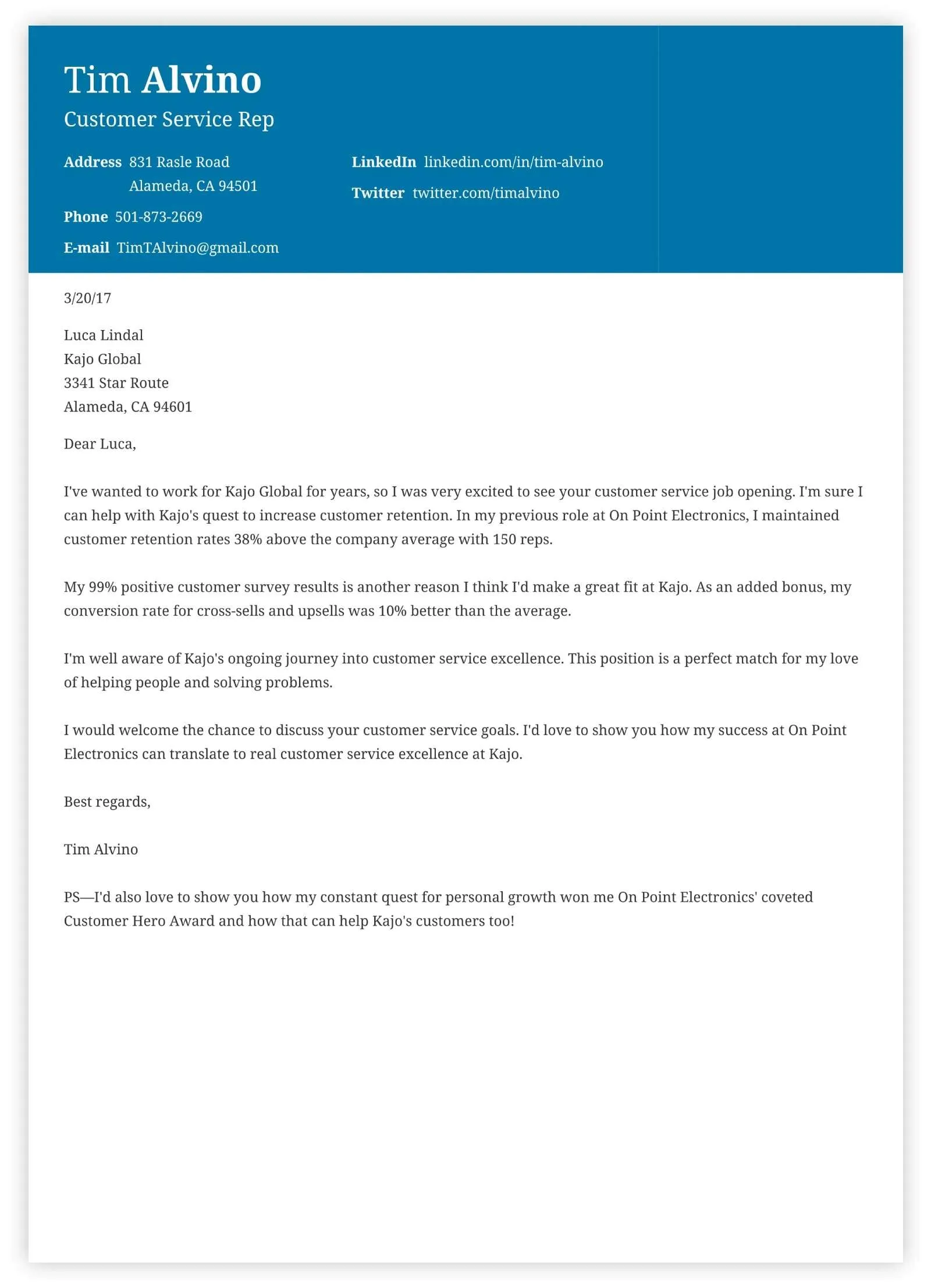Understanding the Power of a Cover Letter
In the competitive landscape of job applications, a well-crafted cover letter is your secret weapon. It’s your first opportunity to make a lasting impression on a potential employer, setting the stage for your application and showcasing your unique value proposition. Often underestimated, the cover letter goes beyond simply rehashing your resume; it’s a vital tool that allows you to express your personality, demonstrate your enthusiasm for the role, and explain why you’re the perfect fit for the company. Think of it as your personal introduction to the hiring manager, a chance to connect on a human level before they even look at your qualifications in detail. A compelling cover letter can be the deciding factor, especially when competing against candidates with similar skill sets, making it a crucial element of your job search strategy.
Why a Cover Letter Matters
A cover letter is more than just a formality; it’s a powerful tool for several reasons. Firstly, it provides context to your resume. It allows you to explain gaps in your employment history, elaborate on specific experiences, and clarify how your skills align with the job requirements. Secondly, it demonstrates your communication skills. The ability to articulate your thoughts clearly and concisely is a valuable asset in any profession. Your cover letter showcases your writing proficiency and your ability to tailor your message to a specific audience. Finally, it highlights your personality and enthusiasm. The tone you adopt in your cover letter gives the hiring manager a glimpse of your character and lets them know how passionate you are about the opportunity. This personal touch can often distinguish you from other applicants.
Making a Positive First Impression
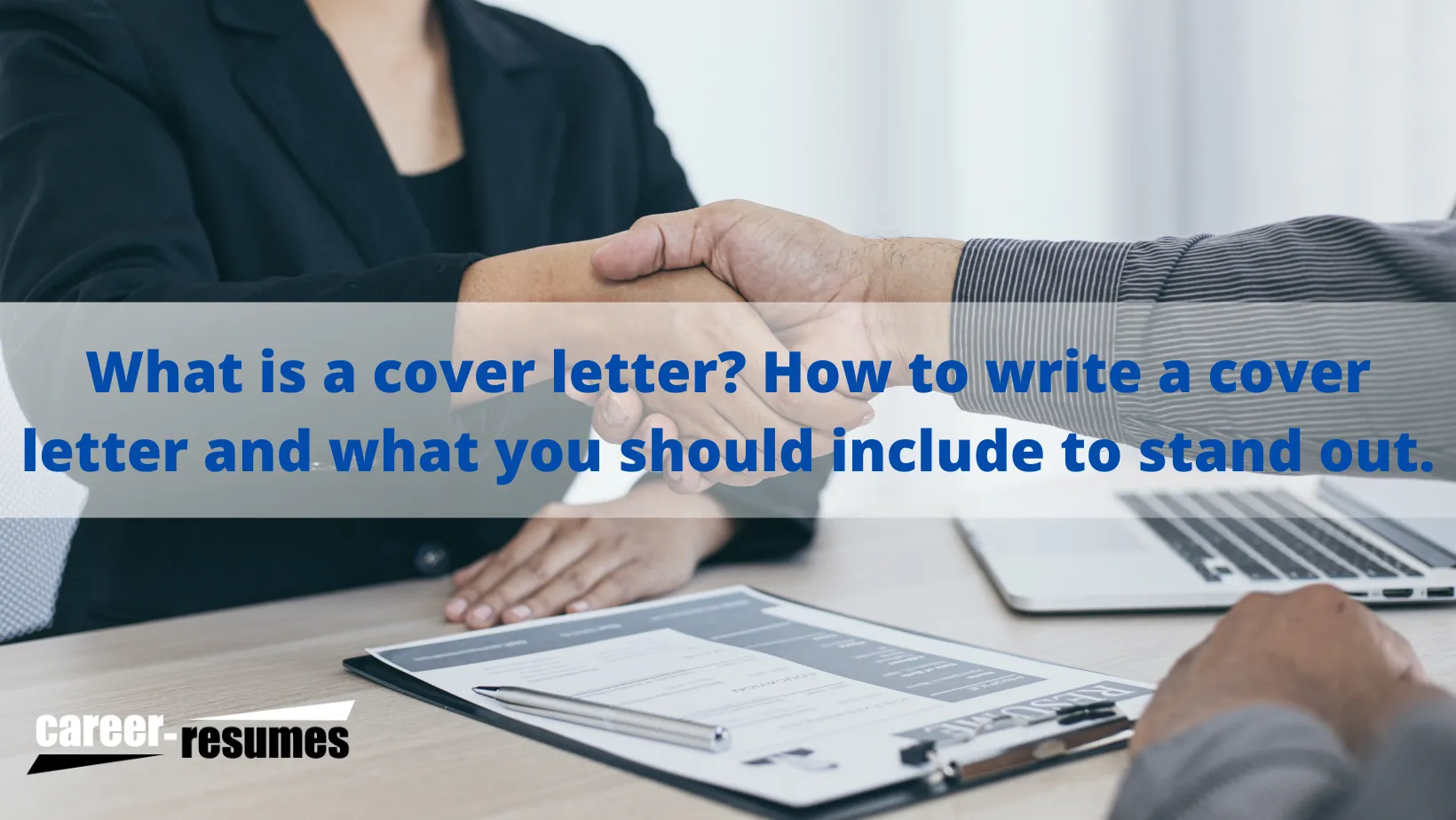
Your cover letter is your first chance to make an impression, and you want to make it a positive one. The goal is to captivate the reader from the very beginning. Start with a strong opening that immediately grabs their attention. This could be a compelling statement about your interest in the company or a brief anecdote that highlights a relevant skill. Focus on the value you bring to the table. Explain how your experience and skills can benefit the organization. Show, don’t just tell; use specific examples to illustrate your accomplishments. Demonstrate your knowledge of the company and the role by tailoring your letter to the specific job and company. Remember, a generic cover letter will likely end up in the rejection pile. Proofread meticulously before sending. Errors in grammar or spelling can damage your credibility and make it appear that you don’t pay attention to detail.
Crafting a Compelling Cover Letter
Highlighting Your Skills and Experiences
Your cover letter should act as a bridge between your skills and the job requirements. Carefully review the job description and identify the key skills and qualifications the employer is seeking. Then, in your cover letter, highlight the experiences where you’ve successfully used those skills. Provide specific examples of how you’ve achieved results in previous roles. Quantify your achievements whenever possible; using numbers and data to demonstrate your impact. For example, instead of saying “Managed social media accounts,” you could write “Increased social media engagement by 30% in six months.” Focus on the achievements that are most relevant to the target position, and demonstrate how your expertise translates directly to the company’s needs.
Tailoring Your Cover Letter
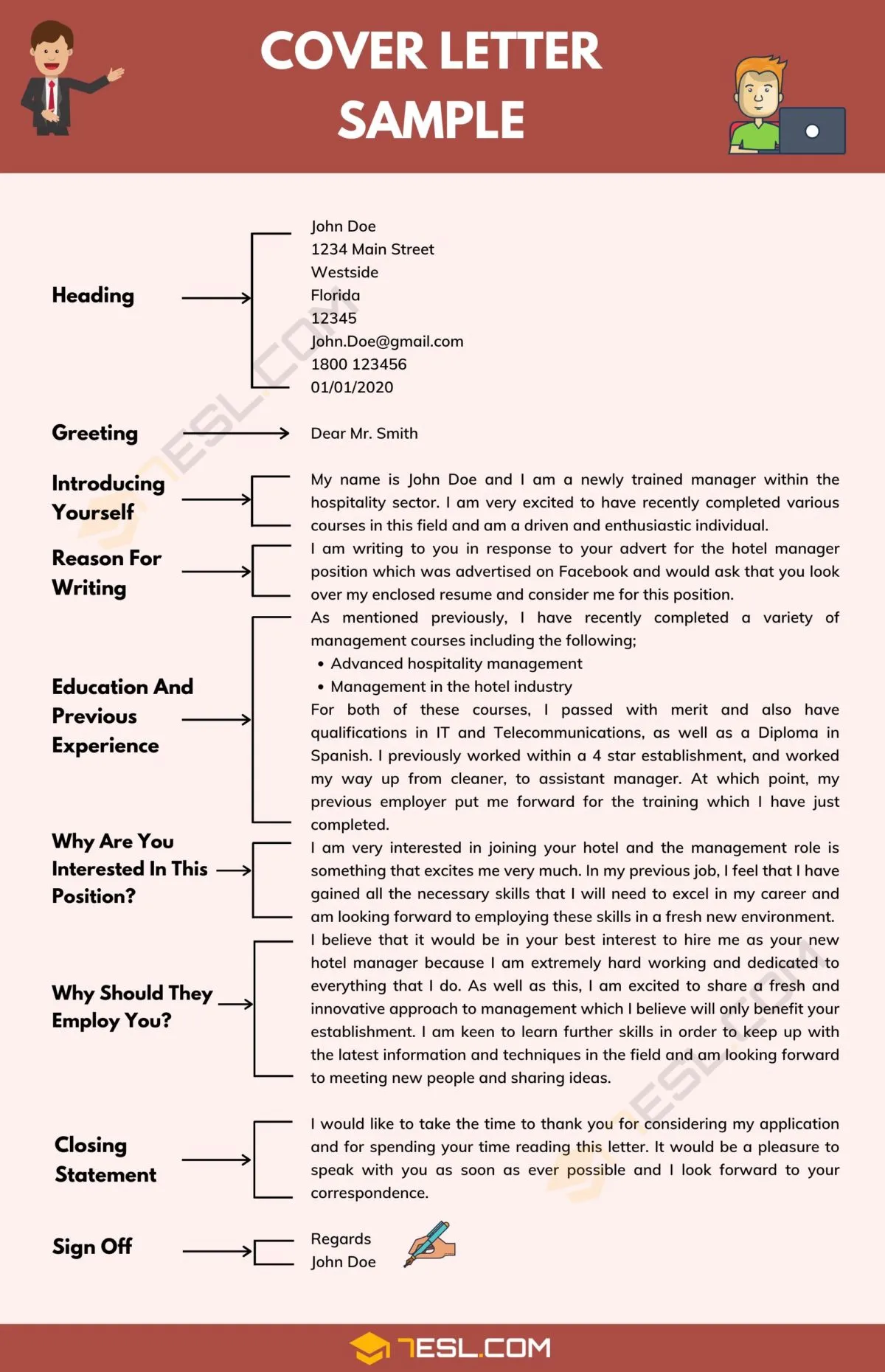
Generic cover letters are easily spotted and often dismissed. The key to a standout cover letter is personalization. Research the company and the specific role you’re applying for. Understand their values, mission, and recent activities. Mention the company by name, and, if possible, address the hiring manager directly. Reference specific projects, initiatives, or goals the company has mentioned. Show that you understand the company’s challenges and that you’re excited about contributing to their success. Tailoring your cover letter demonstrates your interest and commitment, and sets you apart from candidates who use a one-size-fits-all approach.
Showcasing Your Personality
While professionalism is essential, don’t be afraid to let your personality shine through. Your cover letter is your opportunity to showcase your character and enthusiasm. Use a tone that reflects your personality and matches the company culture. Express your passion for the industry, the company, and the specific role. Share a brief anecdote or a personal touch that makes you memorable. But always maintain a professional tone. Avoid slang, jargon, and overly casual language. The goal is to create a connection with the hiring manager and make them want to learn more about you. Showcasing your personality will help you stand out from the crowd and make a positive impression.
Structuring Your Cover Letter
The Header and Contact Information
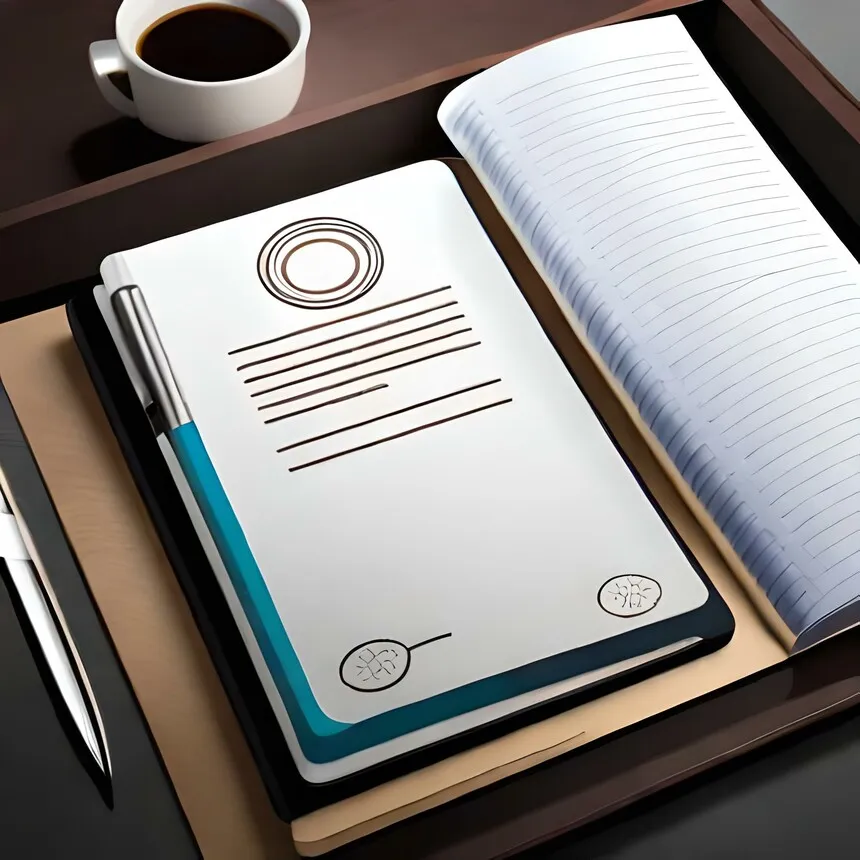
Begin your cover letter with a professional header that includes your name, address, phone number, and email address. Make sure this information is accurate and up-to-date. If you know the hiring manager’s name, address the letter to them directly. If not, use a general salutation such as “Dear Hiring Manager.” This demonstrates that you’ve taken the time to find the right person to address and shows attention to detail. Always double-check the spelling of the recipient’s name and the company’s name. A small mistake in the header can make you look careless.
The Opening Paragraph
The opening paragraph is your first chance to grab the reader’s attention. Start with a strong hook that immediately demonstrates your interest in the position and the company. Briefly state the position you’re applying for and where you saw the job posting. Explain why you’re excited about the opportunity. You could mention something specific about the company that interests you. Briefly summarize your relevant skills and experience. Make sure your opening paragraph is concise, engaging, and sets the stage for the rest of your letter.
Body Paragraphs
The body paragraphs are the heart of your cover letter, where you elaborate on your skills, experience, and achievements. Focus on the key requirements of the job and explain how your qualifications align with those requirements. Provide specific examples that demonstrate your ability to excel in the role. Quantify your achievements whenever possible. Show, don’t just tell; use concrete examples to support your claims. Highlight your accomplishments and explain what you learned from your previous experiences. Keep your paragraphs concise and focused. Use a clear and logical structure to make it easy for the reader to follow your train of thought.
The Closing Paragraph
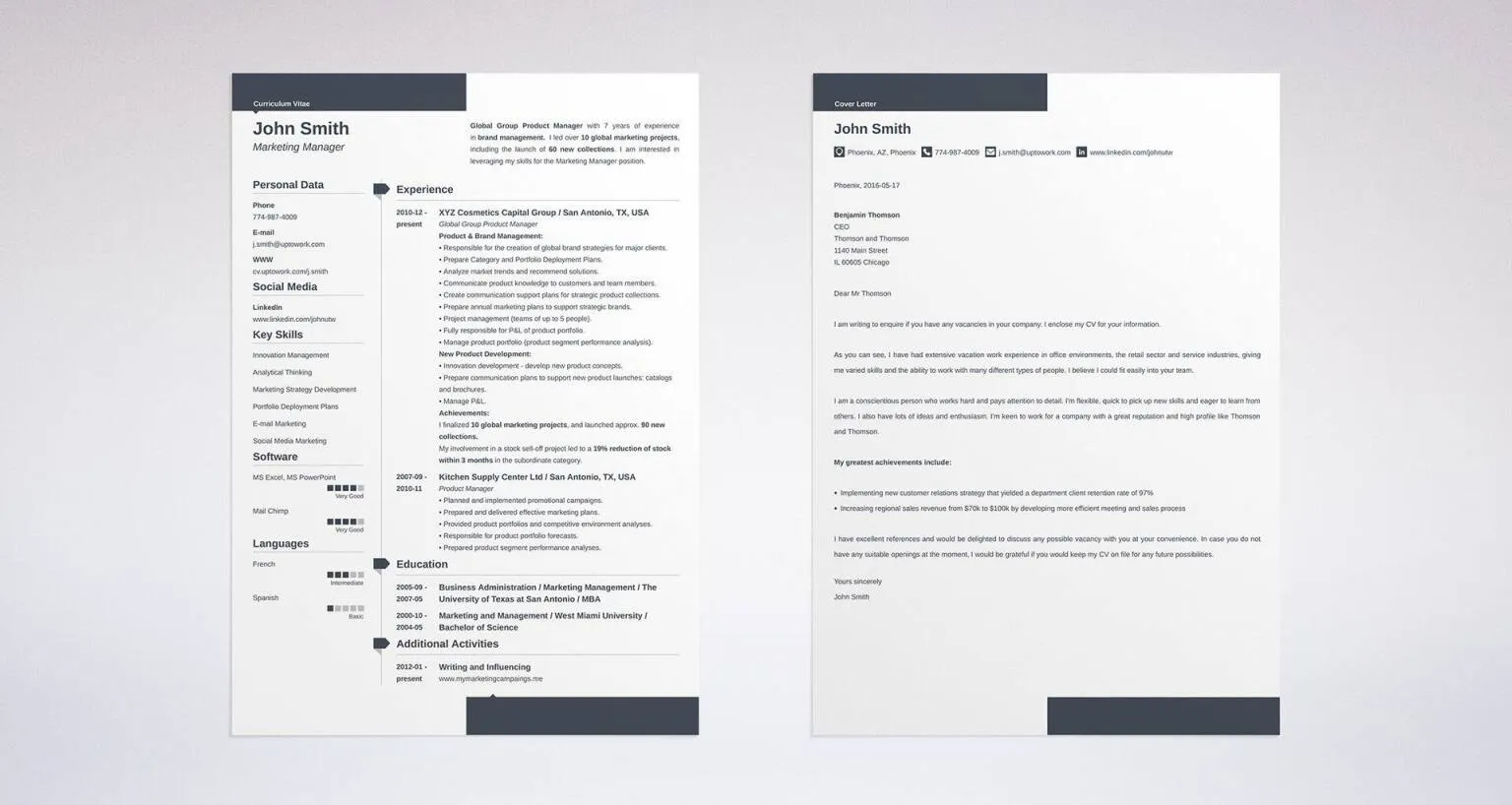
Your closing paragraph should summarize your interest in the position and reiterate your enthusiasm. Reiterate your value proposition and why you’re the ideal candidate. Thank the hiring manager for their time and consideration. Include a call to action, such as expressing your eagerness for an interview or stating your availability. Keep it concise and professional, leaving a lasting positive impression.
Cover Letter Mistakes to Avoid
Generic Letters
One of the biggest mistakes you can make is sending a generic cover letter that isn’t tailored to the specific job or company. Generic letters show a lack of effort and can make it seem like you’re not genuinely interested in the opportunity. Avoid using generic phrases and clichés. Research the company and the role, and tailor your letter to highlight your relevant skills and experiences. Show that you understand the company’s values and goals. Personalized letters demonstrate that you have taken the time and effort to understand the specific needs of the company. This immediately increases your chances of making a positive impression.
Typos and Grammatical Errors
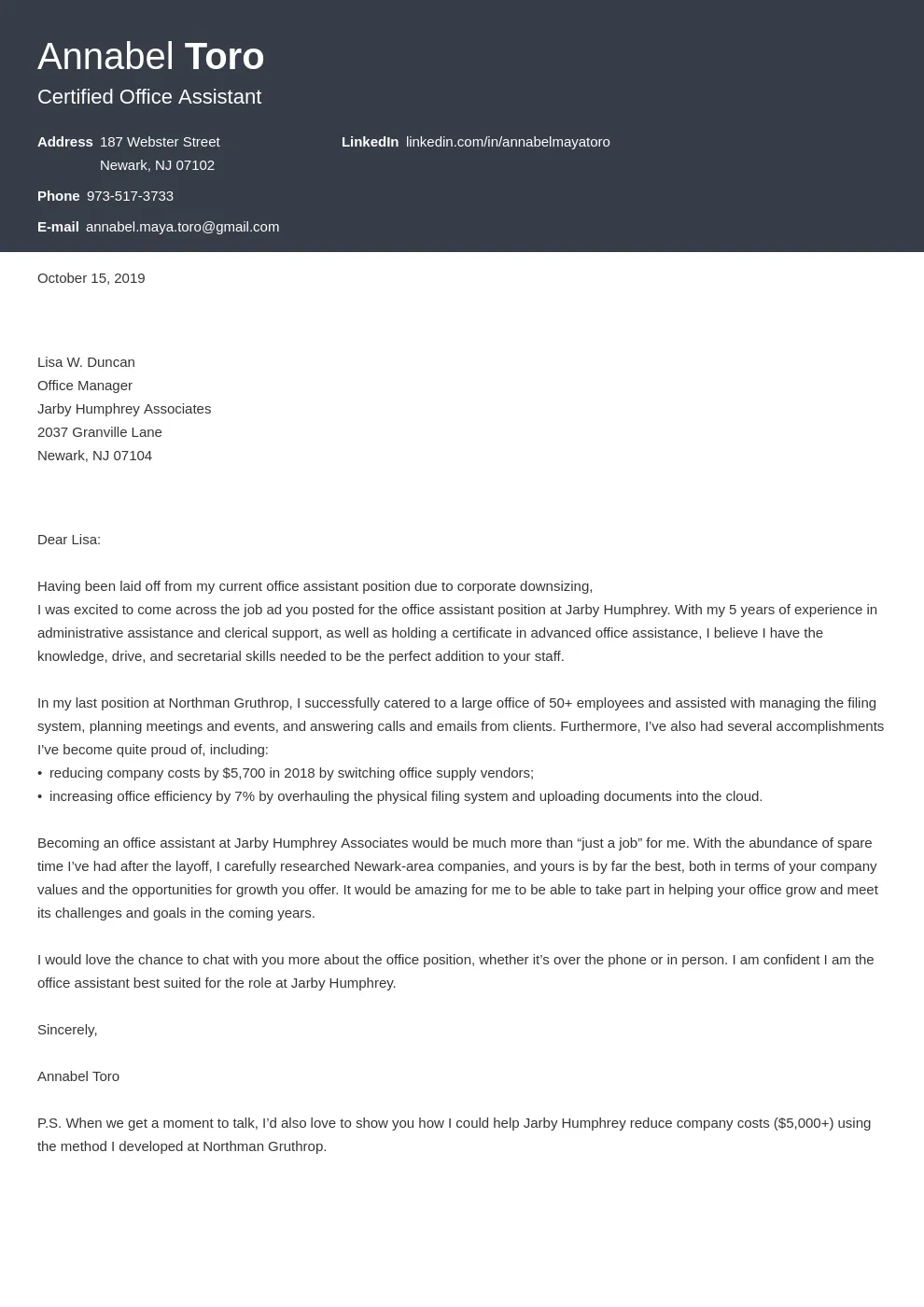
Typos and grammatical errors can undermine your credibility and make you look careless. Always proofread your cover letter carefully before submitting it. Use a grammar checker to catch any errors you might have missed. Ask a friend or family member to review your letter for you, as a second pair of eyes can often catch mistakes you might overlook. Take the time to ensure your letter is polished and error-free. A well-written, error-free cover letter demonstrates attention to detail and professionalism. These details are critical in creating a positive first impression with potential employers.
Lack of Research
Failing to research the company and the role is a major mistake. It makes you appear unprepared and uninterested. Before you write your cover letter, take the time to understand the company’s mission, values, and recent activities. Review the job description carefully and identify the key skills and qualifications the employer is seeking. Use your research to tailor your cover letter to the specific requirements of the job and the company. Demonstrating your knowledge of the company and the role makes you more likely to catch the hiring manager’s attention and showcase your genuine interest in the position.
Examples of Effective Cover Letters
Cover Letter for a Marketing Position
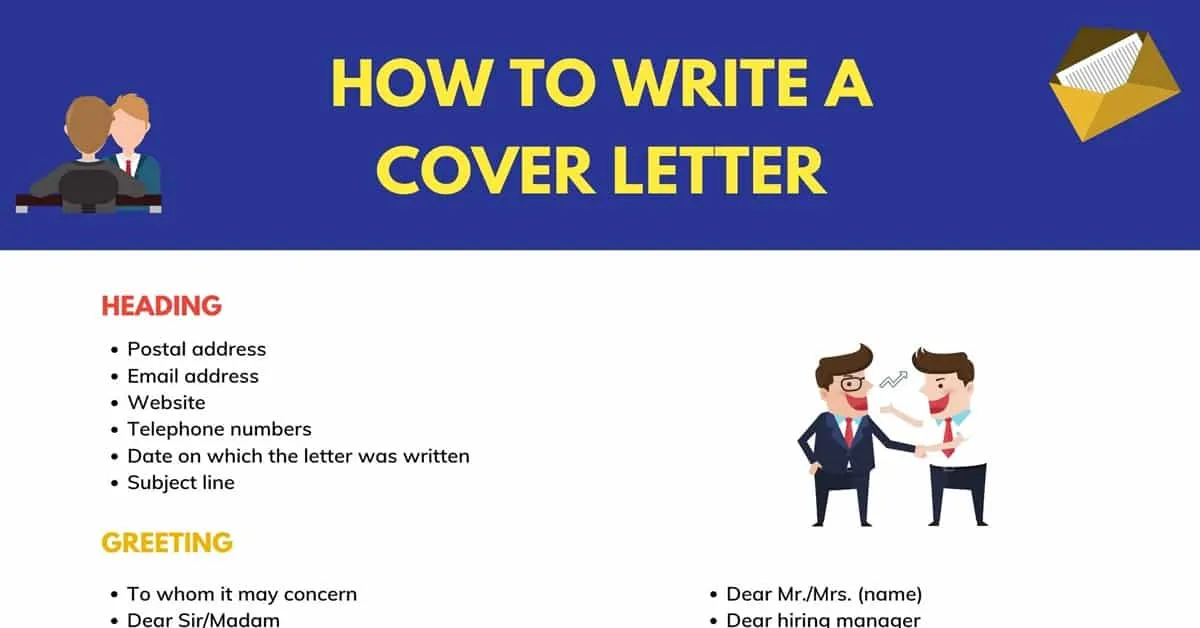
Dear [Hiring Manager Name],
I am writing to express my enthusiastic interest in the Marketing Manager position at [Company Name], as advertised on [Platform]. With my five years of experience in developing and executing successful marketing campaigns, I am confident I can significantly contribute to your team’s goals.
In my previous role at [Previous Company], I was responsible for managing a marketing budget of $X, resulting in a Y% increase in leads within Z months. My expertise includes market research, content creation, social media management, and SEO optimization. I am particularly adept at using data analytics to optimize campaign performance and drive ROI.
[Company Name]’s commitment to [Company Value/Mission] deeply resonates with my own professional values. I am excited about the opportunity to apply my skills to help [Company Name] achieve its objectives.
Thank you for your time and consideration. I have attached my resume for your review and welcome the opportunity to discuss my qualifications further.
Sincerely, [Your Name]
Cover Letter for a Software Developer
Dear [Hiring Manager Name],
I am writing to express my interest in the Software Developer position at [Company Name], as advertised on [Platform]. As a highly motivated and experienced software developer with a strong background in [Programming Languages], I am eager to contribute to your innovative projects.
During my time at [Previous Company], I played a key role in developing [Project Name], which resulted in [Positive Outcome]. I have extensive experience with [Technologies] and am proficient in designing, coding, and testing software applications. I am a strong problem-solver and thrive in collaborative environments.
I am particularly drawn to [Company Name]’s work in [Specific Area]. I am confident that my skills and experience align perfectly with your requirements and I am excited about the opportunity to contribute to your team.
Thank you for your time and consideration. I have attached my resume for your review and welcome the opportunity to discuss my qualifications further.
Sincerely, [Your Name]
Cover Letter for a Teacher
Dear [Hiring Manager Name],
I am writing to express my keen interest in the Teacher position at [School Name], as advertised on [Platform]. With a passion for education and a proven ability to create engaging learning environments, I am confident I can make a positive impact on your students.
In my previous role at [Previous School], I implemented [Specific Teaching Strategy], which led to a X% improvement in student grades. I am skilled in [Specific Teaching Methods] and experienced in developing lesson plans that cater to diverse learning styles. I am dedicated to fostering a supportive and inclusive classroom environment.
I am impressed by [School Name]’s commitment to [School’s Values]. I am excited about the opportunity to contribute to your students’ academic and personal growth.
Thank you for your time and consideration. I have attached my resume for your review and welcome the opportunity to discuss my qualifications further.
Sincerely, [Your Name]
